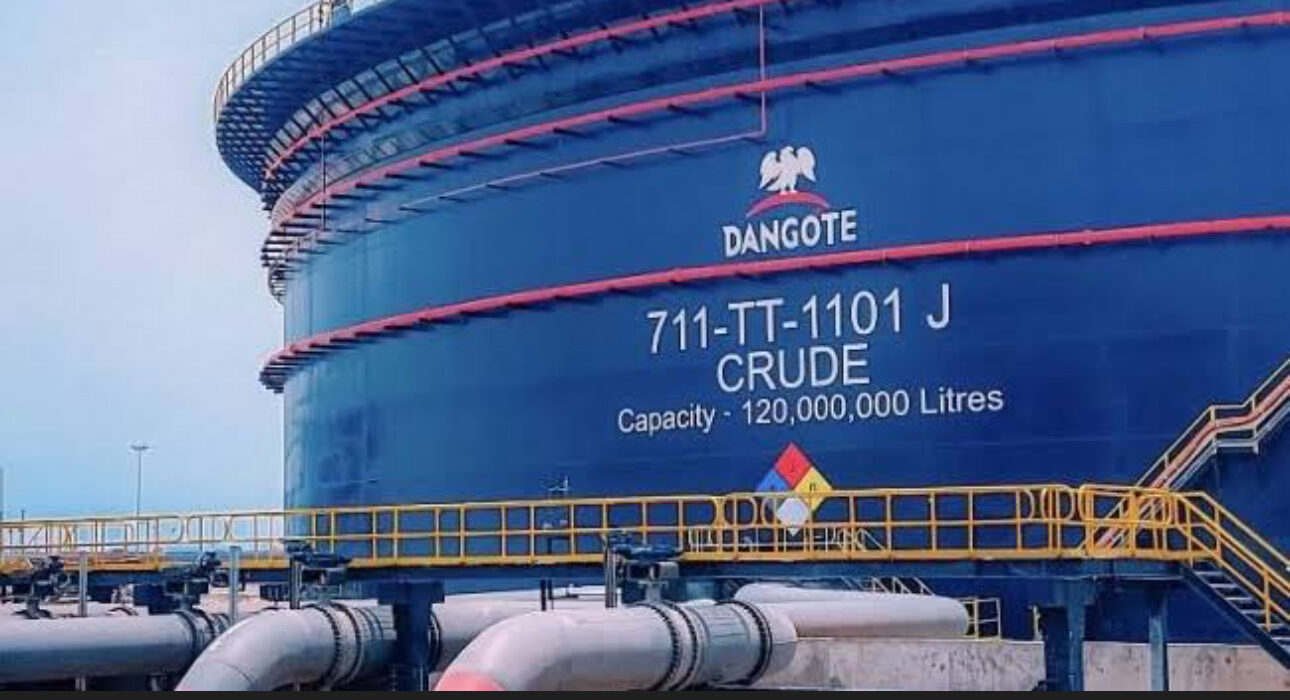Dangote Refinery Fuel Diversion Scandal Sparks Outcry Over Nigeria’s Deepening Culture of Impunity

A growing conversation on social media and within Nigeria’s business circles has been reignited following recent revelations that the Dangote Refinery has uncovered a fuel diversion racket involving some of its partners.
The incident, which has led to the suspension of the refinery’s fuel discount scheme, has drawn sharp criticism and raised concerns about the country’s entrenched issues with corruption and systemic failure.
Reacting to the development, Ajayi Oluwatobi, a prominent Nigerian entrepreneur, took to X (formerly Twitter) to condemn what he described as a deep-rooted crisis in Nigeria’s value system. In his strongly worded post, he argued that any suggestion that Nigeria does not have a labour or people problem is either a sign of ignorance or dishonesty.
According to him, only those who are not entrepreneurs or employers of labour can afford to be blind to the challenges plaguing the Nigerian workforce and business environment.
“We are facing a deep-rooted issue with our value system, and at the heart of it lies a culture of impunity,” Oluwatobi wrote, linking the refinery scandal to a broader national malaise.
The Dangote Refinery, which is Africa’s largest and one of the most anticipated industrial projects on the continent, has already faced a turbulent journey to operational stability. The recent fuel diversion scheme, reportedly perpetrated by some of its own partners, marks a significant setback not only for the refinery’s internal policies but also for public trust in Nigeria’s capacity to manage strategic assets with integrity.
The company’s discount scheme, intended to provide price relief in a volatile fuel market, was suspended after discovering that discounted fuel was being illegally redirected for profit—undermining the program’s purpose and further straining Nigeria’s supply chain credibility.
The revelations have triggered renewed debate about accountability in the private sector and the broader implications of weak institutional checks. Analysts warn that if such incidents continue without firm consequences, they may discourage future investment and undermine the country’s hopes of revitalizing its industrial economy.
Oluwatobi’s comments have resonated widely online, especially among entrepreneurs and business owners who have long struggled with operational inefficiencies, workforce management challenges, and institutional indifference. His post, which garnered nearly 200,000 views within hours, has become a rallying point for those demanding deeper reform.
As the Dangote Group investigates the breach and works to restore order within its operations, public attention remains fixed on the need for structural accountability—not just in government, but across all sectors of Nigerian society. The scandal, many agree, is not just about one refinery; it is a mirror reflecting a national crisis of values that urgently demands redress.








